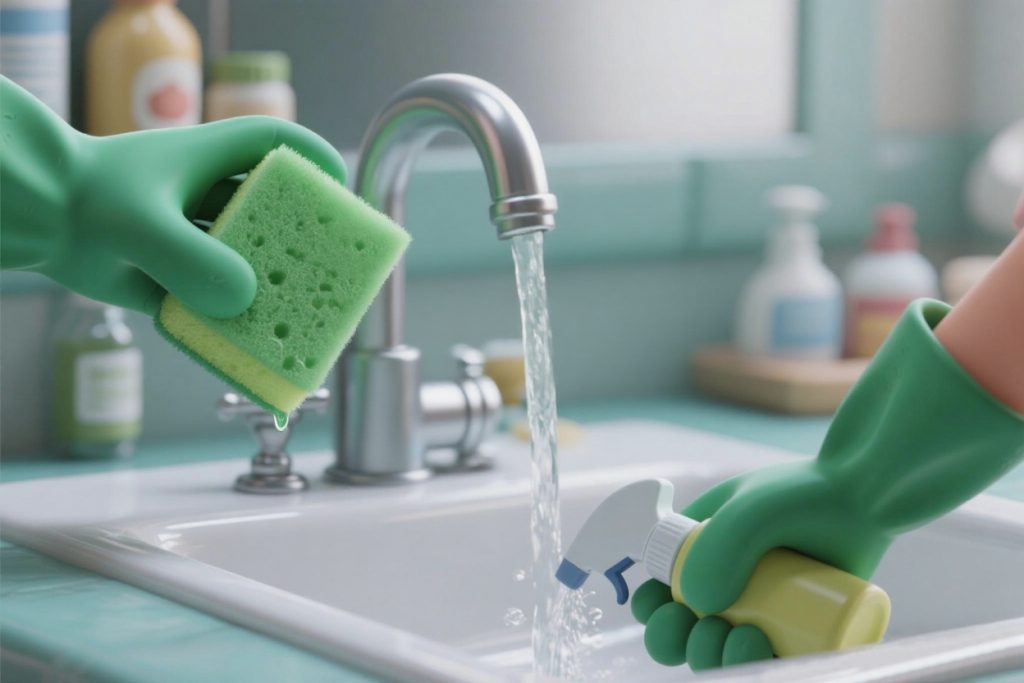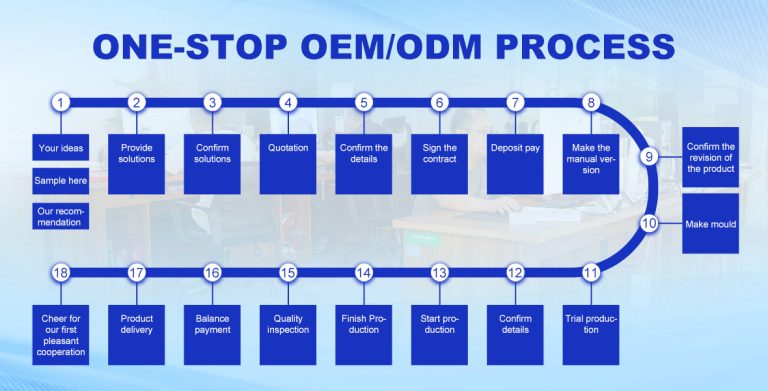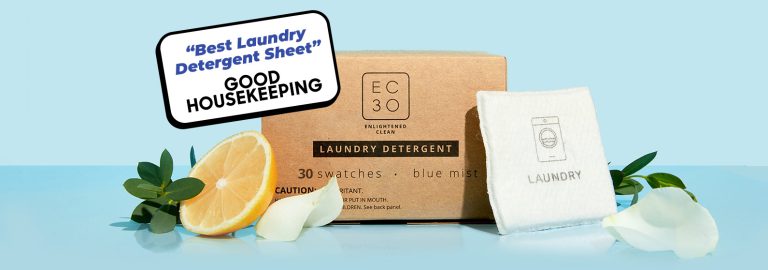In the fiercely competitive cleaning market of 2025, exporters who ignore eco-friendly trends may fall behind. Eco-friendly cleaning products will dominate global demand in 2025, as consumers and businesses seek biodegradable, plant-based solutions with certified sustainable practices. The question is no longer whether sustainability matters, but how to keep up with this unstoppable trend.

Table of Contents
- What makes sustainability a top priority in the global cleaning industry?
- How are eco-friendly cleaning products changing buyers’ expectations?
- Which certifications prove that your cleaning products are truly green?
- How can exporters adapt to global eco-conscious trends?
What makes sustainability a top priority in the global cleaning industry?
Consumers are increasingly concerned about green living, but why does this matter to exporters?
Sustainability takes center stage because buyers demand cleaning products that reduce environmental impact while delivering excellent performance.
Dive Deeper
In 2025, sustainability is no longer a niche preference but a mainstream trend.
- 🌱 Consumer Awareness: Shoppers expect biodegradable and plastic-free solutions.
- 🌏 Corporate Goals: Distributors prioritize suppliers with ethical supply chains.
- 📜 Government Pressure: Countries are enforcing stricter environmental regulations on imported goods.
| Region | Buyer Focus |
|---|---|
| United States | Plant-based ingredients, compostable packaging |
| Europe | Zero-waste manufacturing, EU eco-labels |
For exporters, staying relevant means aligning their products and processes with these priorities.
How are eco-friendly cleaning products changing buyers’ expectations?
What do buyers really want from “green” cleaning products?
They want effective, natural formulas in eco-friendly packaging, supported by certifications that validate sustainability claims.
Dive Deeper
Key expectations include:
- 🌸 Performance: Plant-based does not mean less effective. Buyers want strong cleaning power.
- ♻️ Packaging: Compostable wraps or refillable containers are preferred over plastic.
- 🛡 Safety: Hypoallergenic and non-toxic for families and pets.
Exporters that offer customizable eco-friendly options will gain a competitive edge.
Which certifications prove that your cleaning products are truly green?
How can buyers trust your “eco-friendly” claims?
Global buyers rely on certifications such as the EU Ecolabel, US EPA Safer Choice, and ISO standards to verify sustainability.
Dive Deeper
For Europe:
- ✅ REACH compliance for chemical safety
- ✅ EU Ecolabel for environmental performance
For the United States:
- ✅ EPA Safer Choice for non-toxic formulas
- ✅ Leaping Bunny for cruelty-free practices
| Certification | Region | Meaning |
|---|---|---|
| EU Ecolabel | Europe | Verified low environmental impact |
| EPA Safer Choice | US | Safer for health and the environment |
| ISO 14001 | Global | Sustainable management systems |
Without these credentials, exporters risk losing eco-conscious buyers.
How can exporters adapt to global eco-conscious trends?
The opportunities are vast, but only for those who are prepared.
Exporters can succeed in 2025 by innovating green formulas, investing in certifications, and offering private-label eco-friendly solutions for global clients.
Dive Deeper
Action steps for exporters: 

- 🌿 Develop biodegradable, water-soluble products.
- 🏷 Offer private-label and customizable eco-friendly options.
- 📜 Obtain certifications for EU and US standards early.
- 🌐 Clearly communicate your eco-friendly credentials to buyers.
Eco-consciousness is no longer optional—it is key to growth in global trade.
Conclusion
Sustainability will drive the cleaning market in 2025. Exporters who embrace eco-friendly trends will secure their position in global trade.



